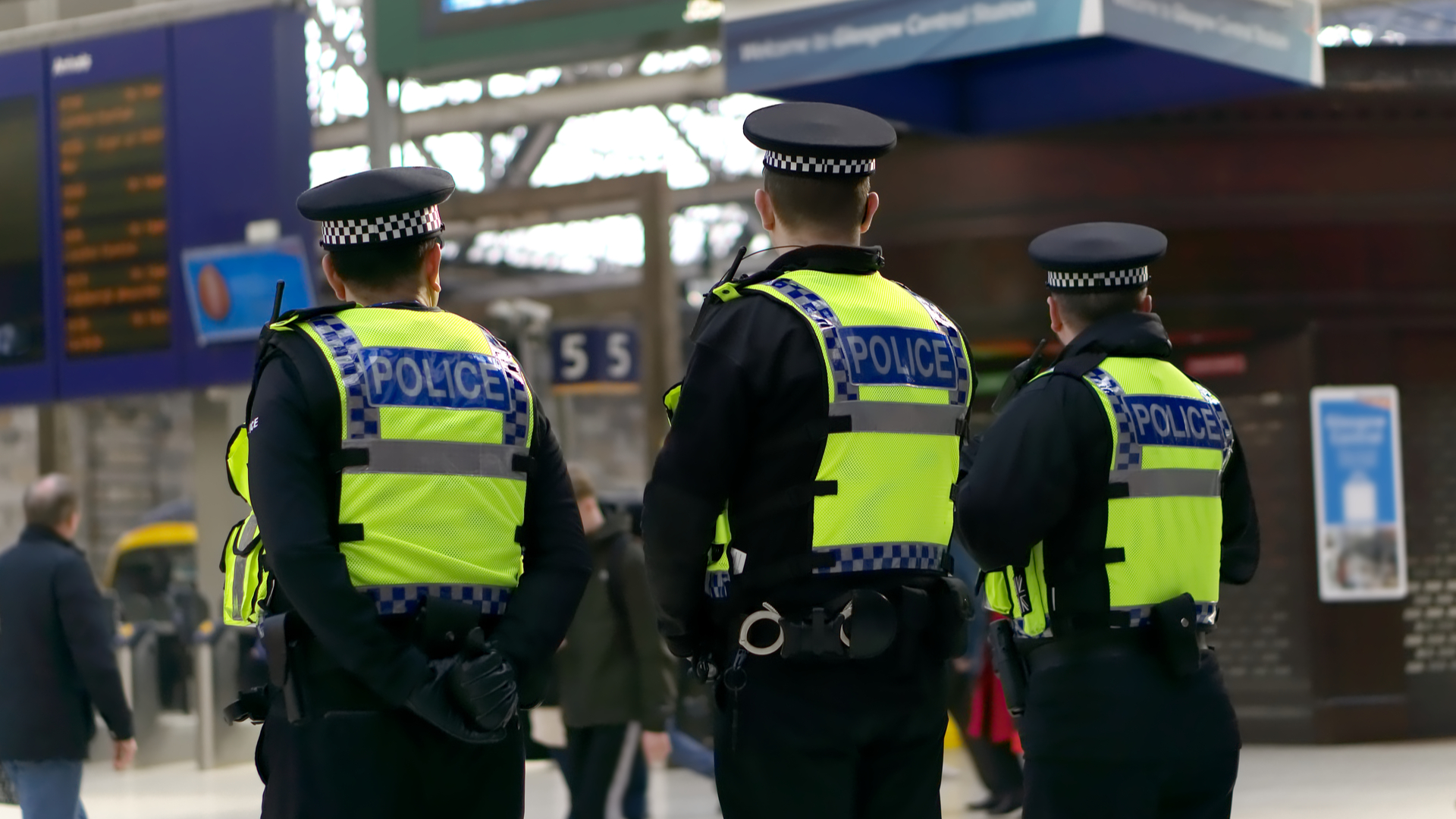Facial recognition technology is "dangerously inaccurate"
Police stored innocent people's biometrics data after mistaking them for criminals, says privacy group


The Metropolitan Police's use of facial recognition is misidentifying innocent people as wanted criminals more than nine times out of 10, according to a privacy campaign group.
Civil liberties organisation Big Brother Watch published its findings into the Met's use of facial recognition technology in a report that it is set to present to Parliament later today.
The Met uses the technology to match people's faces against computer databases of criminals via CCTV and other cameras and they have deployed at numerous events, with very little success, according to the report, titled 'Face Off: The lawless growth of facial recognition in UK policing'.
It claims the Met has a failure rate of 98%, and during last year's Notting Hill Carnival, that police misidentified 95 people as criminals. The Met admitted that as a result of using facial recognition it has stored 102 innocent people's biometrics data for 30 days. Despite this, the force is planning seven more deployments this year.
"Real-time facial recognition is a dangerously authoritarian surveillance tool that could fundamentally change policing in the UK. Members of the public could be tracked, located and identified, or misidentified, everywhere they go," said Silkie Carlo, director of Big Brother Watch.
"It is deeply disturbing and undemocratic that police are using technology that is almost entirely inaccurate, that they have no legal power for, and that poses a major risk to our freedoms."
Facial recognition is also used by South Wales Police, but 91% of its system's matches were inaccurate, despite the Home Office providing 2.6 million in funding to use the technology.
Sign up today and you will receive a free copy of our Future Focus 2025 report - the leading guidance on AI, cybersecurity and other IT challenges as per 700+ senior executives
The South Wales police not only misidentified 2,400 innocent people with facial recognition, it also stored these people's biometric data, without their knowledge, for a year.
"This has wasted millions in public money and the cost to our civil liberties is to high. It must be dropped," added Carlo.
The campaign has been backed by a number of rights and race equality groups, such as Article 19, Index on Censorship, Liberty, Netpol and the Race Equality Foundation. Shadow home secretary Diane Abbott and shadow policing minister Louise Haigh will speak about the campaign in Parliament this afternoon.
IT Pro has approached both the Met and South Wales Police for comment.
Picture credit: Shutterstock
Bobby Hellard is ITPro's Reviews Editor and has worked on CloudPro and ChannelPro since 2018. In his time at ITPro, Bobby has covered stories for all the major technology companies, such as Apple, Microsoft, Amazon and Facebook, and regularly attends industry-leading events such as AWS Re:Invent and Google Cloud Next.
Bobby mainly covers hardware reviews, but you will also recognize him as the face of many of our video reviews of laptops and smartphones.
-
 Microsoft unveils Maia 200 accelerator, claiming better performance per dollar than Amazon and Google
Microsoft unveils Maia 200 accelerator, claiming better performance per dollar than Amazon and GoogleNews The launch of Microsoft’s second-generation silicon solidifies its mission to scale AI workloads and directly control more of its infrastructure
-
 Infosys expands Swiss footprint with new Zurich office
Infosys expands Swiss footprint with new Zurich officeNews The firm has relocated its Swiss headquarters to support partners delivering AI-led digital transformation
-
 LastPass hit with ICO fine after 2022 data breach exposed 1.6 million users – here’s how the incident unfolded
LastPass hit with ICO fine after 2022 data breach exposed 1.6 million users – here’s how the incident unfoldedNews The impact of the LastPass breach was felt by customers as late as December 2024
-
 Cyber attacks have rocked UK retailers – here's how you can stay safe
Cyber attacks have rocked UK retailers – here's how you can stay safeNews Following recent attacks on retailers, the NCSC urges other firms to make sure they don't fall victim too
-
 ICO admits it's too slow dealing with complaints – so it's eying up automation to cut staff workloads
ICO admits it's too slow dealing with complaints – so it's eying up automation to cut staff workloadsNews The UK's data protection authority has apologized for being slow to respond to data protection complaints, saying it's been overwhelmed by increased workloads.
-
 “Limited resources” scupper ICO probe into EasyJet breach
“Limited resources” scupper ICO probe into EasyJet breachNews The decision to drop the probe has been described as “deeply concerning” by security practitioners
-
 Surge in workplace monitoring prompts new ICO guidelines on employee privacy
Surge in workplace monitoring prompts new ICO guidelines on employee privacyNews Detailed guidance on how to implement workplace monitoring could prevent data protection blunders
-
 PyPI attack: Targeting of repository 'shows no sign of stopping'
PyPI attack: Targeting of repository 'shows no sign of stopping'News Greater collaboration and understanding of attackers’ tactics is key to mitigating open source security threats
-
 Capita's handling of cyber attack shows companies still fail at breach reporting
Capita's handling of cyber attack shows companies still fail at breach reportingAnalysis Capita initially told customers there was “no evidence” of data having been compromised in the March cyber attack
-
 Malware being pushed to businesses by search engines remains a pervasive threat
Malware being pushed to businesses by search engines remains a pervasive threatNews High-profile malvertising campaigns in recent months have surged
